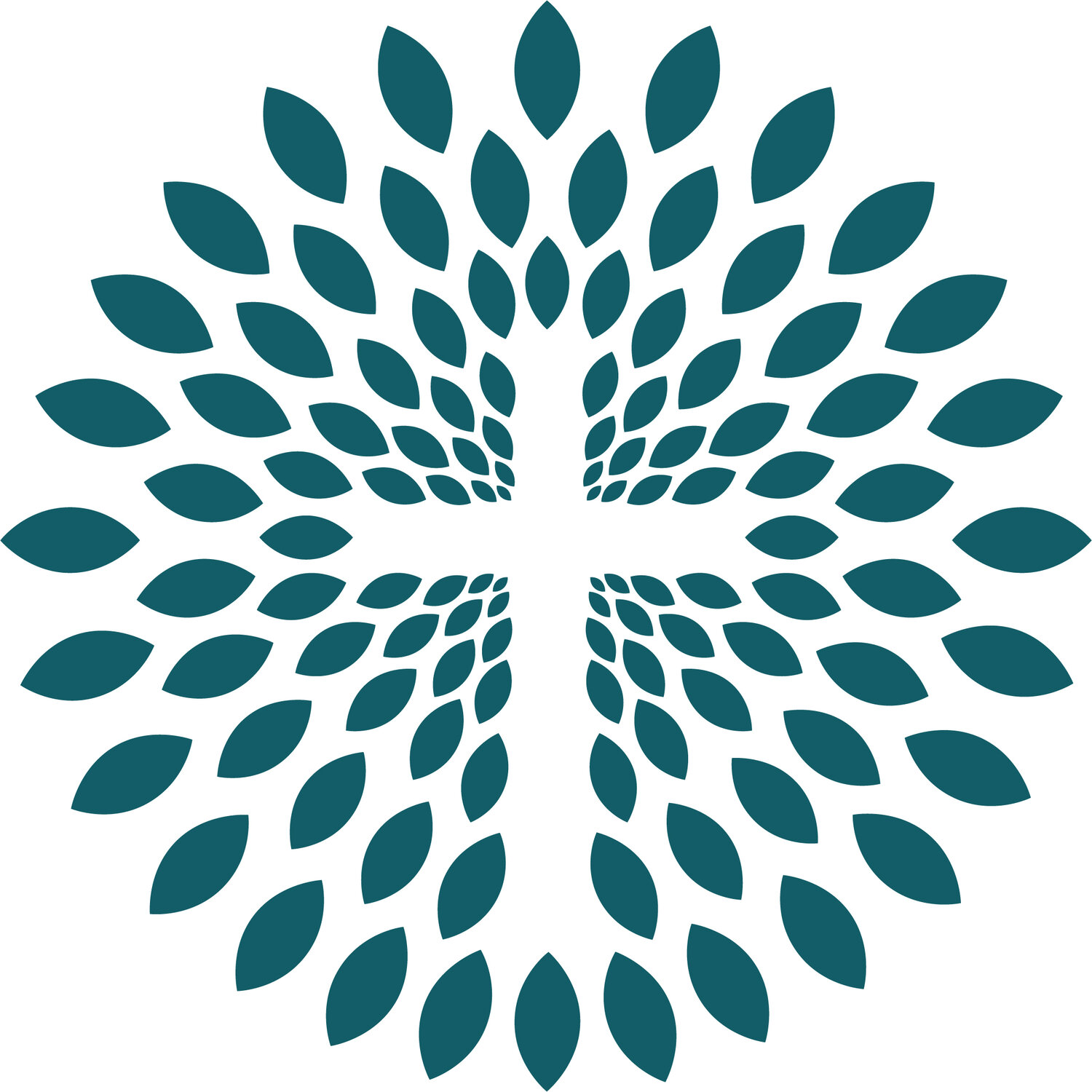Breast Cancer Awareness Month
October is Breast Cancer Awareness Month. It is the month when you see pink everywhere. Through the worldwide campaign, this month is devoted to education and awareness about the disease as well as the importance of early detection. The “pink” month can feel different for some folks - some wear pink to celebrate, some observe the month quietly, some feel grief, and some may feel unseen or misunderstood.
Breast Cancer Awareness Month was created approximately 40 years ago. The intent was to promote screening and prevention of this disease. The month features a variety of programs and campaigns - all centered around the pink theme. The aim is to support those diagnosed with breast cancer, educate about breast cancer risk factors, stress the importance of regular screening and fundraise to continue research efforts.
No matter who you are or where you live, chances are you or someone you love will be impacted by breast cancer. Statistically, one in every eight women will receive the diagnosis. In the United States, that equates to one person every 12 minutes. This year alone, an estimated 290,560 new cases of invasive breast cancer and another 51,400 new cases of non-invasive breast cancer are expected to be diagnosed in the U.S. Other than skin cancer, breast cancer is the most common cancer among American women. However, breast cancer is not solely an issue for women. While the risk factors for women are greater, men may also fall victim. About 1 out of every 100 breast cancer diagnoses in the U.S. is found in a man. That equals about 1 in every 833 men.
According to the CDC, about 9% of all new breast cancer cases in the US are found in women younger than 45. And the risk increases with age. Black women are less likely to be diagnosed of all racial and ethnic groups. Black women also have the highest risk of death associated with breast cancer and are 40% more likely to die than white women.
Just being female and age are the two largest risk factors for breast cancer. There isn’t much you can do about either, but there are other risk factors you can control, such as smoking, alcohol consumption, and regular exercise.
Knowing your family history is vitally important. Women with a family history of the disease or of ovarian cancer are at greater risk. 5-10% of breast cancers are linked to genetics, and 15% of women who get breast cancer have a family member with the disease. Other risk factors include women with dense breast tissue, over 50 years of age, or women with certain genetic make-up. However, many women who are diagnosed do not have any known risk factors or family history of the disease.
Detection and screenings can’t prevent breast cancer, but they can make a difference. Early detection provides the best chance of successful treatment and cure. Over 3.5 million breast cancer survivors are alive today thanks to advances in screening, detection and treatment. Lack of awareness and stigmas can be barriers to detection and care for both women and men with breast cancer. Regular breast self-exams, annual exams by your doctor and yearly mammograms when directed are vital tools. Mammograms are the best way to detect breast cancer early. If you cannot afford a mammogram, there are programs that provide financial assistance.
Know what is normal for you. Your doctor or nurse practitioner can help guide you if you have never performed a breast self-exam. Changes from your normal including dimpling, scaliness, redness, discharge or differences in lumpiness should be a red flag to make an appointment for further evaluation.
Breast Cancer is a topic that is near to my heart. The diagnosis or the thought of receiving the diagnosis can be frightening. But knowledge is power. Educate yourself about breast cancer. Know your risks and what you can do to help lower those risks. Talk to your health care provider openly and honestly. Please do not let fear overwhelm you or prevent you from screenings or treatments. If you haven’t already and are due, please schedule your screening. Many women postponed their screening with the COVID-19 pandemic. Please schedule your screening appointment today….right now….before you get busy and forget. You are important to so many people. Including me.
If you are currently battling breast cancer, know that I am praying for you and cheering for you in your fight. You are NOT a statistic, you are YOU. And you are uniquely and beautifully made by God. Dare to believe that God is in control of this. You may already be connected to a caring community of medical, emotional and spiritual support but if you aren't please reach out. You are surrounded by a loving church family who want to support you. Together we will fight!
- Cynthia Warner, RN, HM, FCN
parish.nurse.cynthia@gmail.com
Parish Nurse at Long’s Chapel

